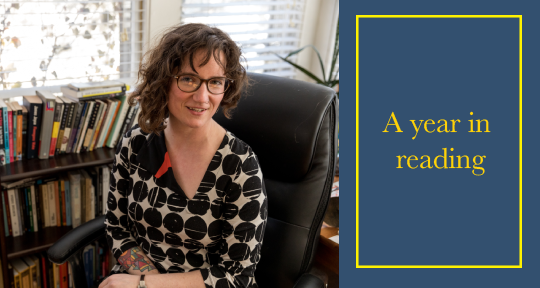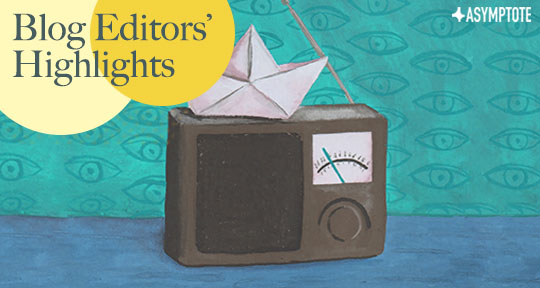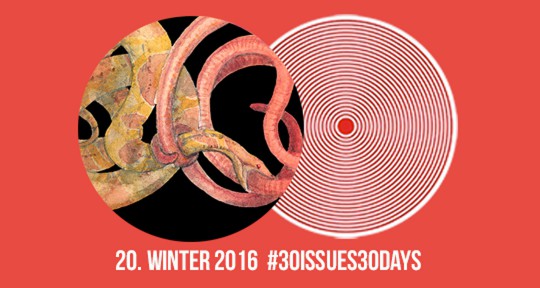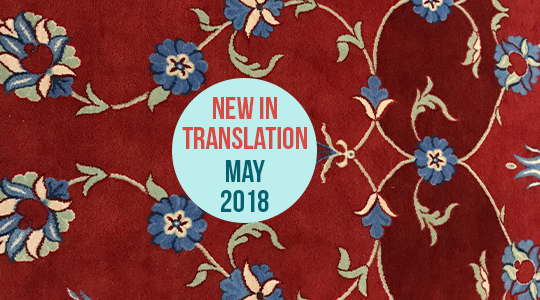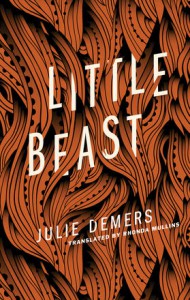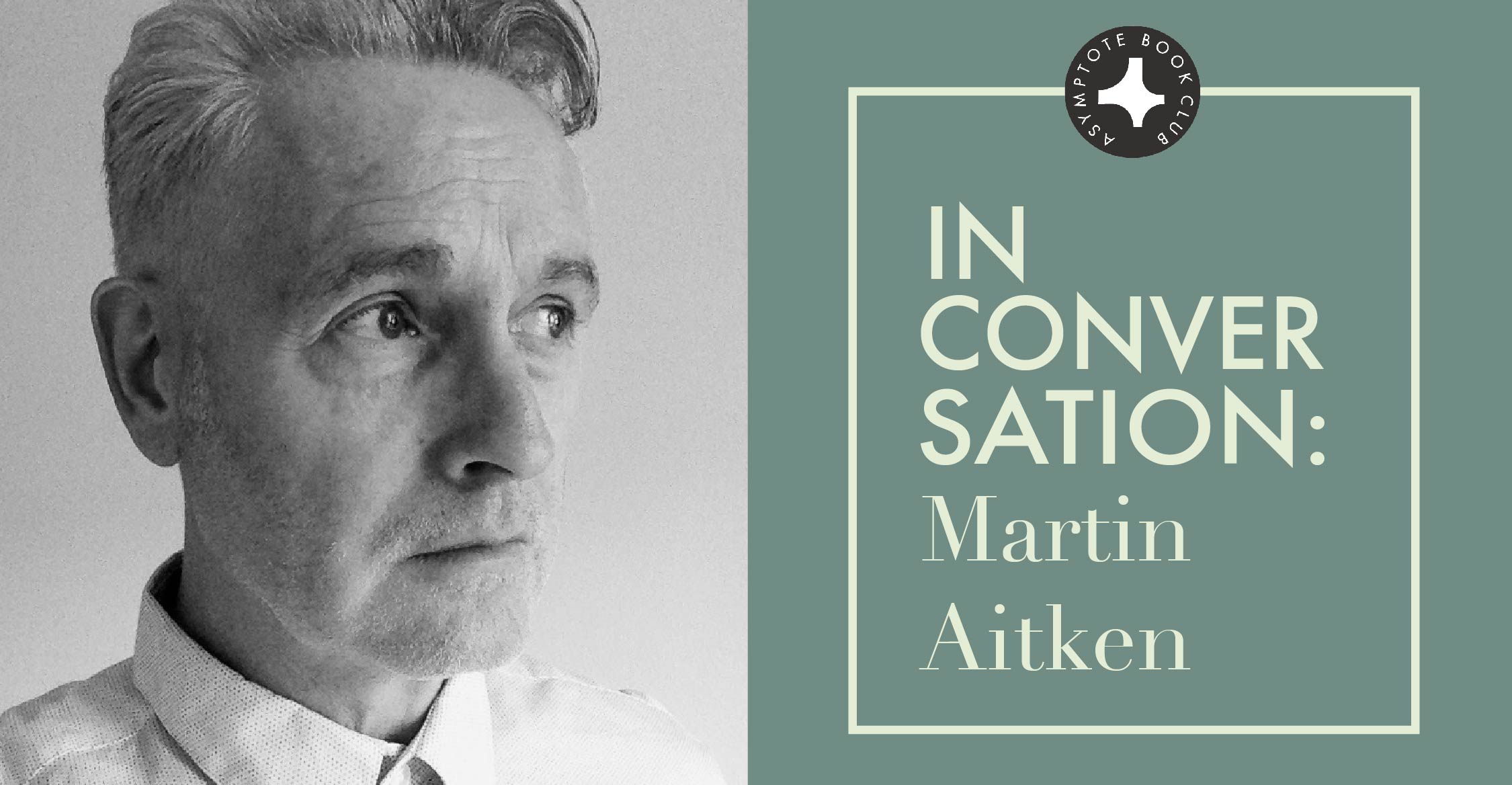This week our writers report on the impact of coronavirus on writers and readers in China, as well as the release of the International Booker Prize longlist. Read on to find out more!
Xiao Yue Shan, Blog Editor, reporting from China
“Fear can cause blindness, said the girl with dark glasses, Never a truer word, that could not be truer. . .” The words of José Saramago hover in the virus-stricken towns and cities of China: illness, the great equalizer. The streets freed of people, the antiseptic taste of disinfectant wafting, mask-ridden faces—outside China, the news grow its own, furious legends. Reports of the dead waver between hundreds and thousands, there is panic and disillusion and boredom and most of all, uncertainty.
So it is through this continual trajectory of doubt, compounded by fear, that Saramago’s renowned novel Blindness (published in China as 失明症漫记) has surged amidst the Chinese literary community as a compass towards what directions human nature may turn in times of encompassing hardship. In the growing scope of a blindness epidemic, Saramago unites fiction and ideology into a profound portrayal into how disease can infiltrate and dismantle the lattice of moral order, as well as how we may comfort one another, how the degradation of societal norms does not definitively mean the regression of one’s humanity. It is, albeit dark, a story of triumph, and triumph—even in books—is solace. READ MORE…


